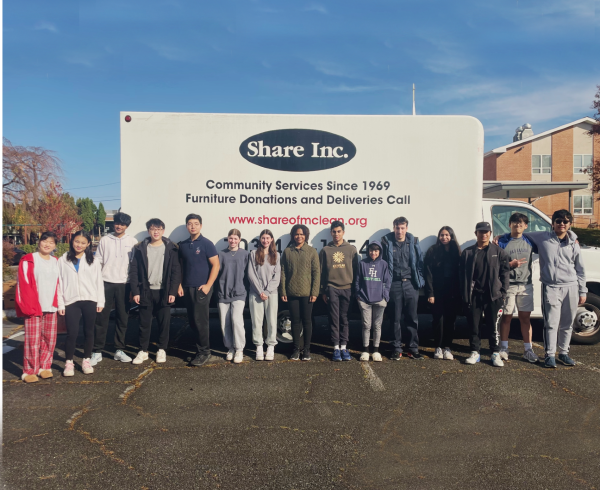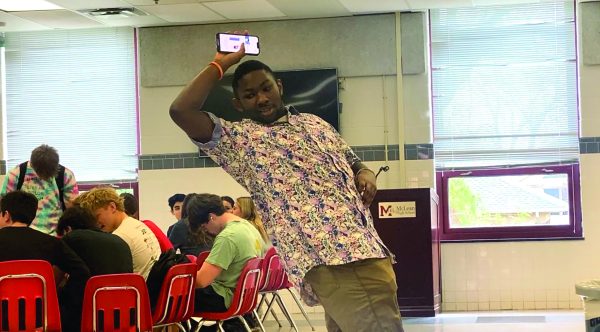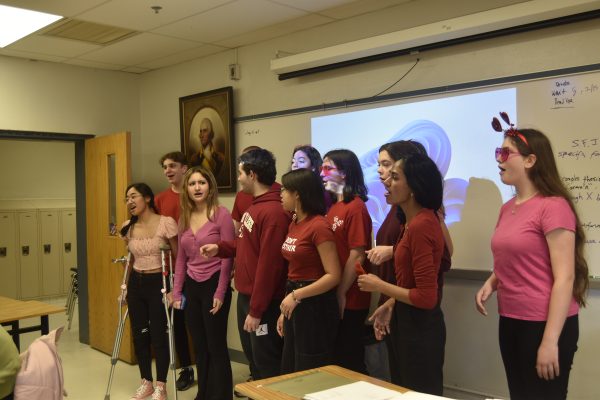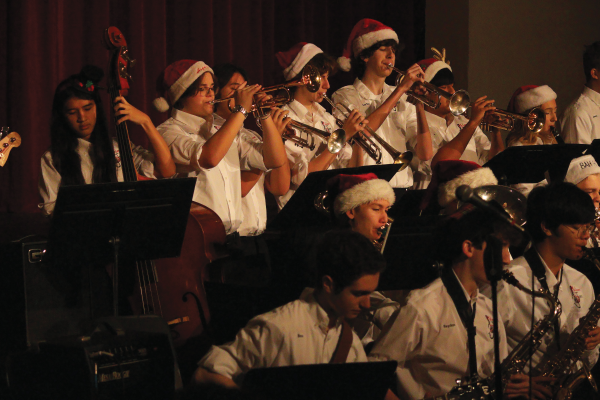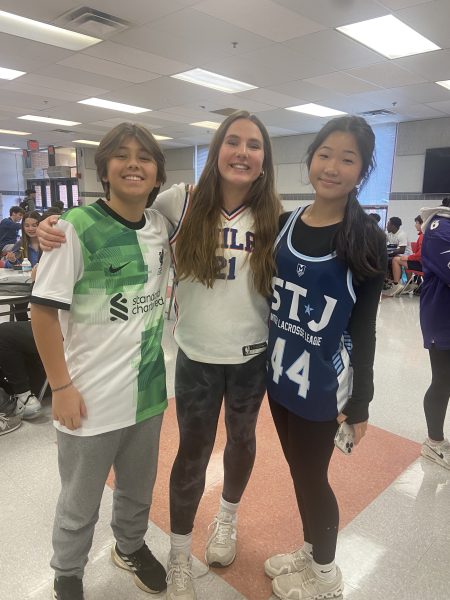Social distancing in today’s interconnected world
Limiting social contact seems impossible but is recommended for COVID-19 prevention
March 16, 2020
In 1918, schools, churches and theaters were closed down across the United States due to the Spanish flu epidemic. A century later, we are witnessing almost the same situation with the outbreak of the Coronavirus.
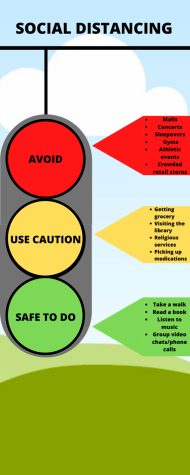
While scientifically we are much better-off today to deal with pandemics and diseases, the prevention of communicable diseases has become a much bigger challenge because of our interconnected world.
In merely two months since the outbreak of Coronavirus, a state of panic has emerged among people and the virus is moving faster than the government’s efforts to stop it. While treatment for this novel virus is still not available, social distancing has emerged as the most highly recommended preventive measure.
The challenge is how to effectively enforce social distancing in a society where people are intertwined in different layers of life such as family, collegian, professional and religious.
The Centers for Disease Control and Prevention (CDC) has recommended to halt gatherings consisting of more than 50 people in large gatherings for the next eight weeks.
With that, there has been closure of public interactions such as schools, sports events, and banning any flights within and out of the country to prevent the further spread of contagious disease. Even many religious organizations voluntarily closed down their services for congregations.
The idea of self-quarantine is looked favorably upon to avoid further social contact, but is quite new.
“Social distancing is definitely new for me as I never had to do it before,” junior Mimi Peng said. “It definitely minimizes my social interaction with people outside of my home and makes my activities more restricted.”
There is uncertainty to how long this will last and when a vaccine would be created. However for now you can fasten your seat belts for a long period of isolation.
“I definitely hope that globally, we will have a vaccine or some sort of medication available to rid us of this virus,” Peng said. “Because this virus is new, we don’t entirely know how it acts, reacts, and adapts, so the medical field is doing the best they can. We just need to be cognizant of the severity of this virus and try to stay safe.”



